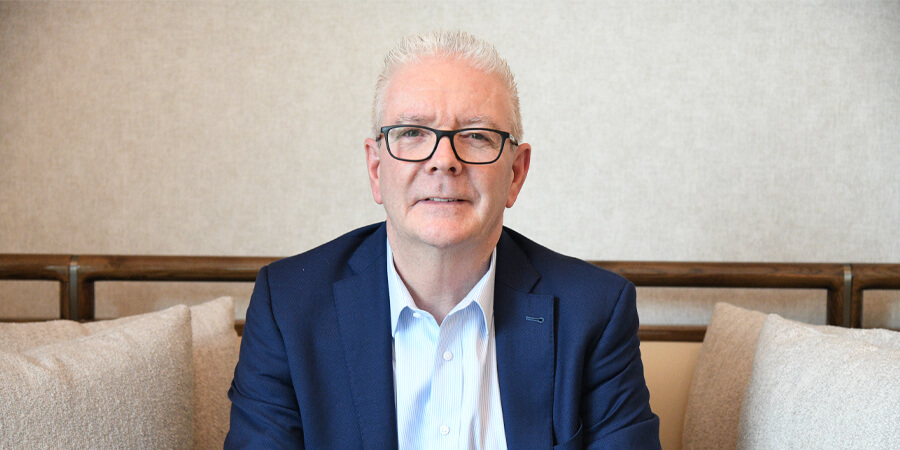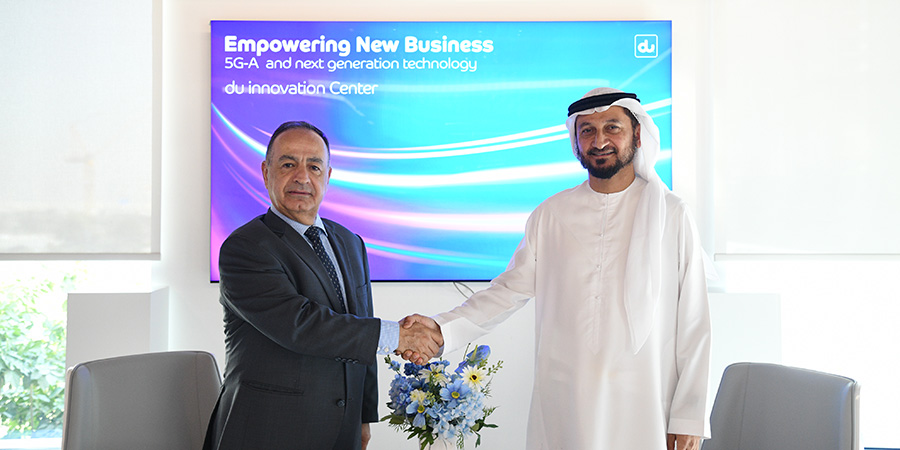MTN Group reported a resilient performance in the first half of 2022, balancing an accelerated investment into its networks, reducing the cost of communication and delivering solid financial results.
The delivery of its strategy persevered under challenging conditions, which included macroeconomic and geopolitical volatility, global supply chain disruptions, constrained on-grid power supply in South Africa and greater regulatory requirements across many markets.
The investment in networks extended access to broadband services to 85.5% of the population, leading to an average 22.5% reduction in data tariffs. This societal and economic contribution also included cash taxes of R7.3 billion paid to nation states in the period. In constant-currency terms, service revenue grew by 14.8% to R92.5 billion, earnings before interest, tax, depreciation and amortization (EBITDA) rose by 15.1% to R43.9 billion before once-off items, and the EBITDA margin expanded by 0.3 percentage points to 45.3%.
“Growth in data revenue was particularly strong, up 35.9%, driven by MTN Nigeria, MTN Ghana, MTN Cameroon and MTN South Africa,” said President and CEO Ralph Mupita, adding that fintech revenue grew by 14.0%, with solid performances from Nigeria, Uganda and Ghana. “The introduction of fintech taxes in some markets slowed revenue growth in Q2, but we remain encouraged by the ecosystem growth as users, agents and merchants continued to grow healthily during the period under review, with transaction volumes growing by 31.5% during the period.”
As part of “Ambition 2025”, the company is building five scale platform businesses on top of a very strong connectivity network. The fintech platform is the most mature of these, and in the first half, it had 60.7 million Mobile Money users (up 24% year-on-year), generating six billion transactions worth US$116.3 billion. The total number of MTN subscribers in the period was 281.6 million, up 5.6%.
Underlying operating free cashflow growth was strong at 24.0%, and return on equity increased to 24.2%, reflecting the consistent delivery of earnings. “We accelerated our portfolio transformation, delivering R9.2 billion in asset realizations in the first half and bringing the total realized since March 2020 to R15.8 billion, with proceeds supporting the group leverage and liquidity positions, which strengthened during the period,” MTN stated.
Localizations remained important in the period, as MTN prioritized creating shared value, broadening local participation and deepening capital markets. In Ghana, local ownership increased by 23.7% through share sales to pension funds and strategic investors. Mupita said the headwinds facing customers and the business looked likely to persist in the second half.










































